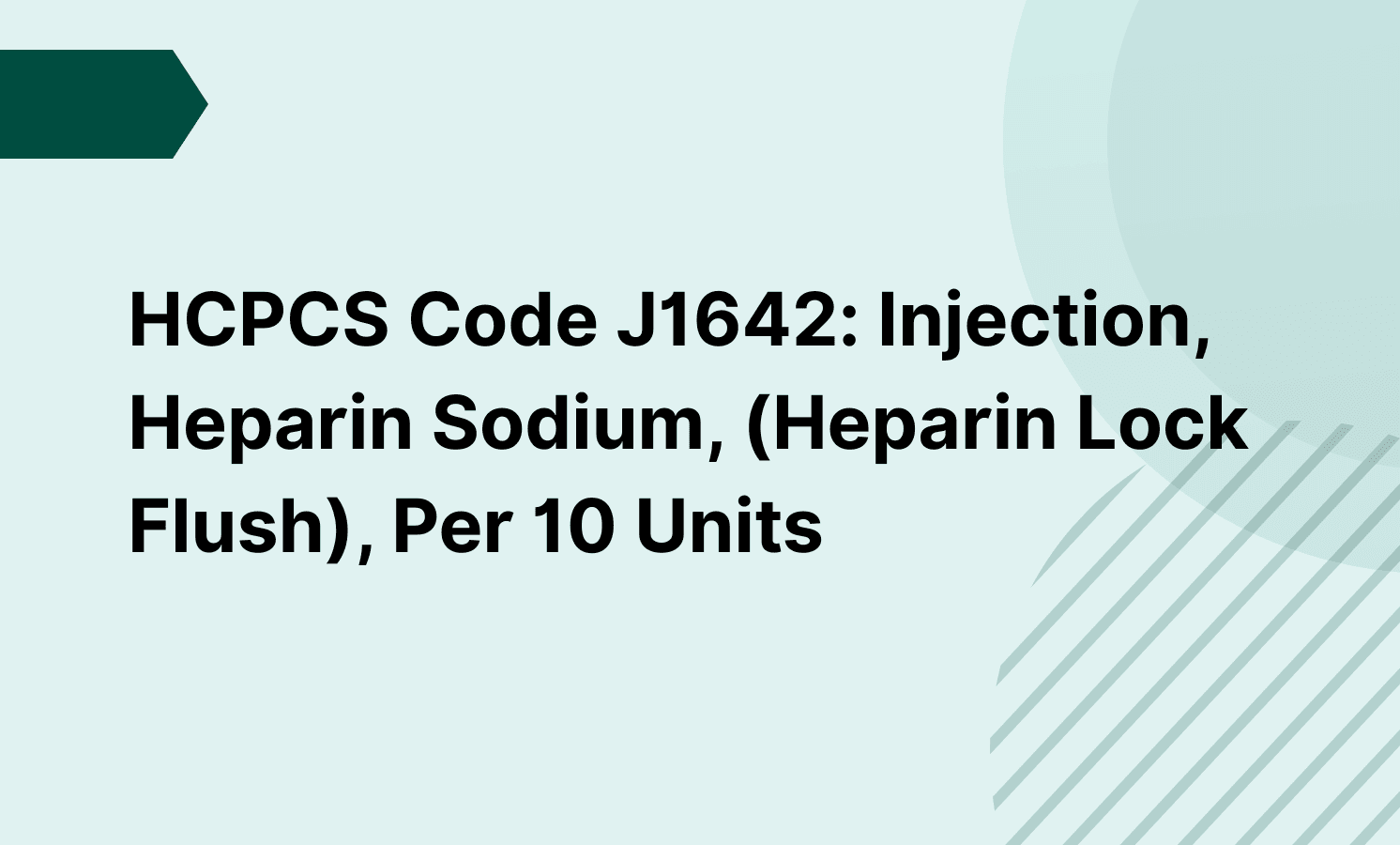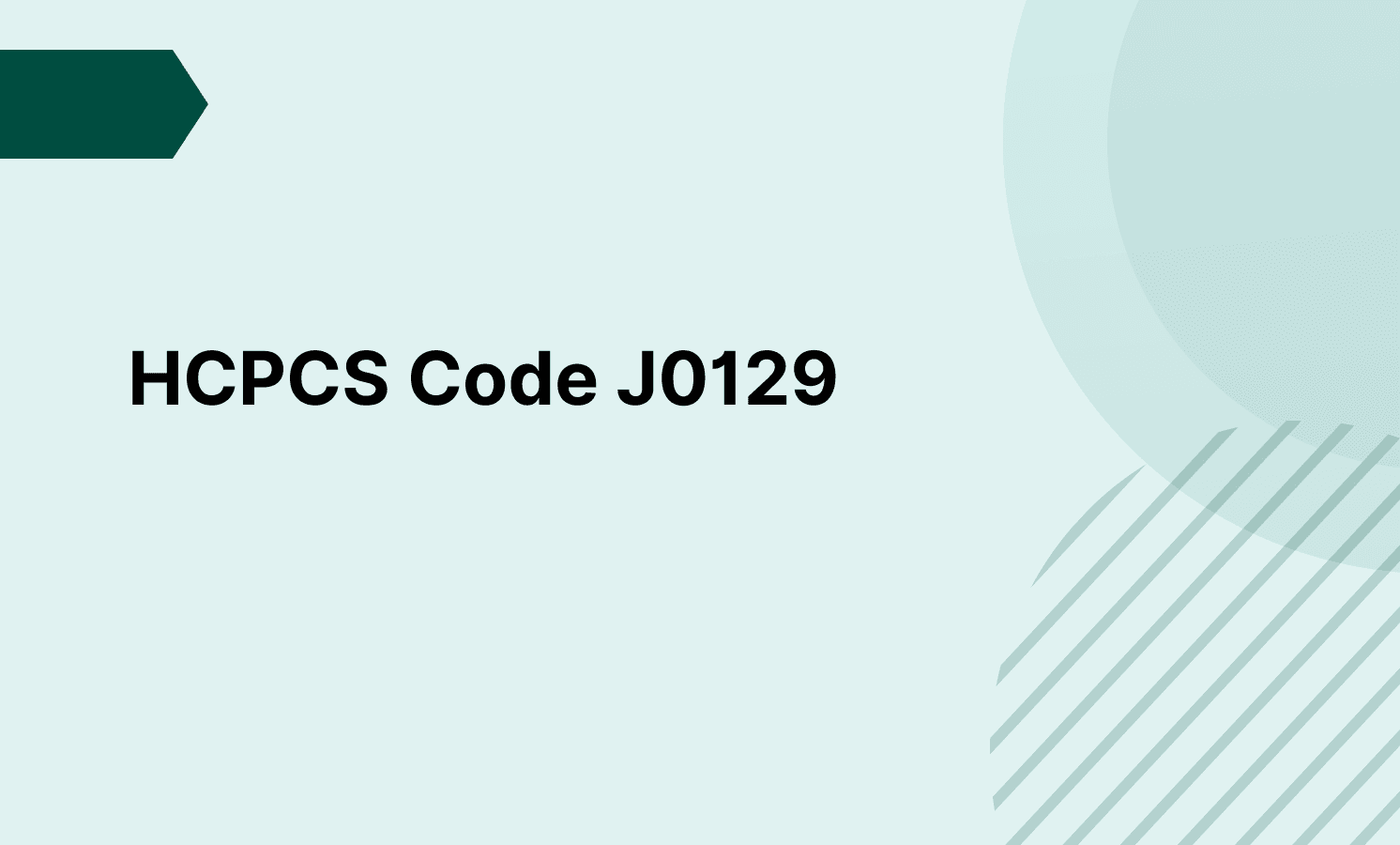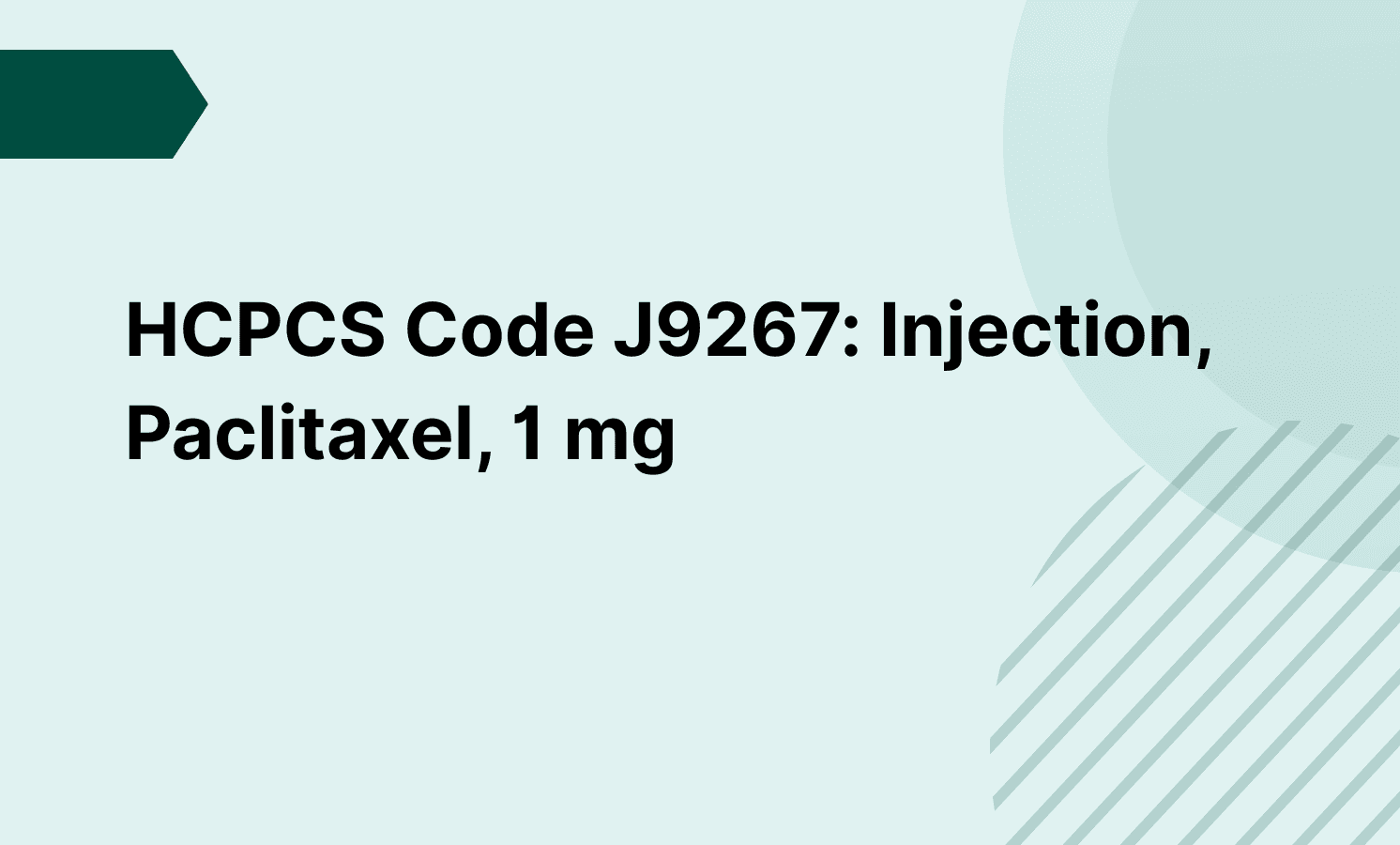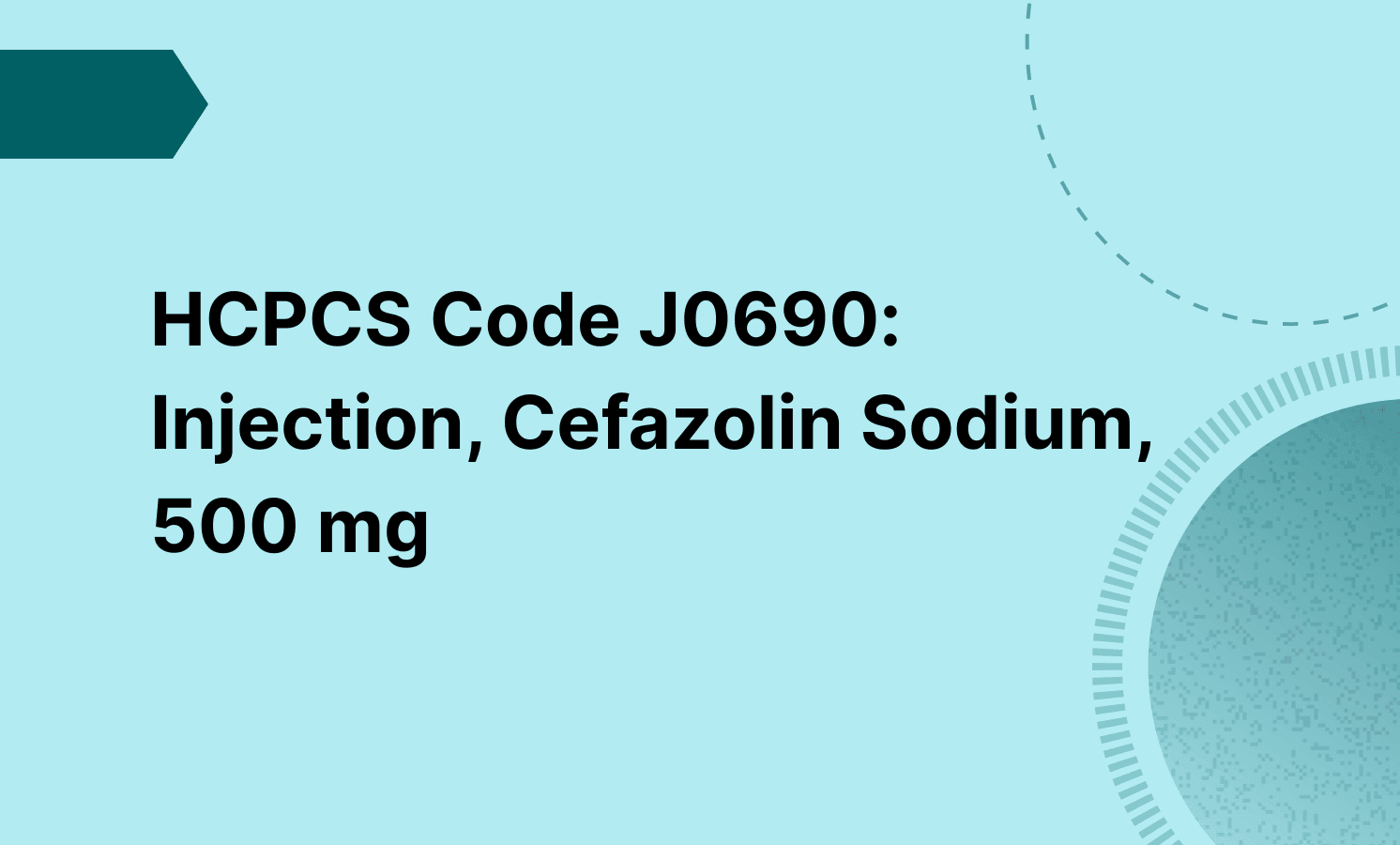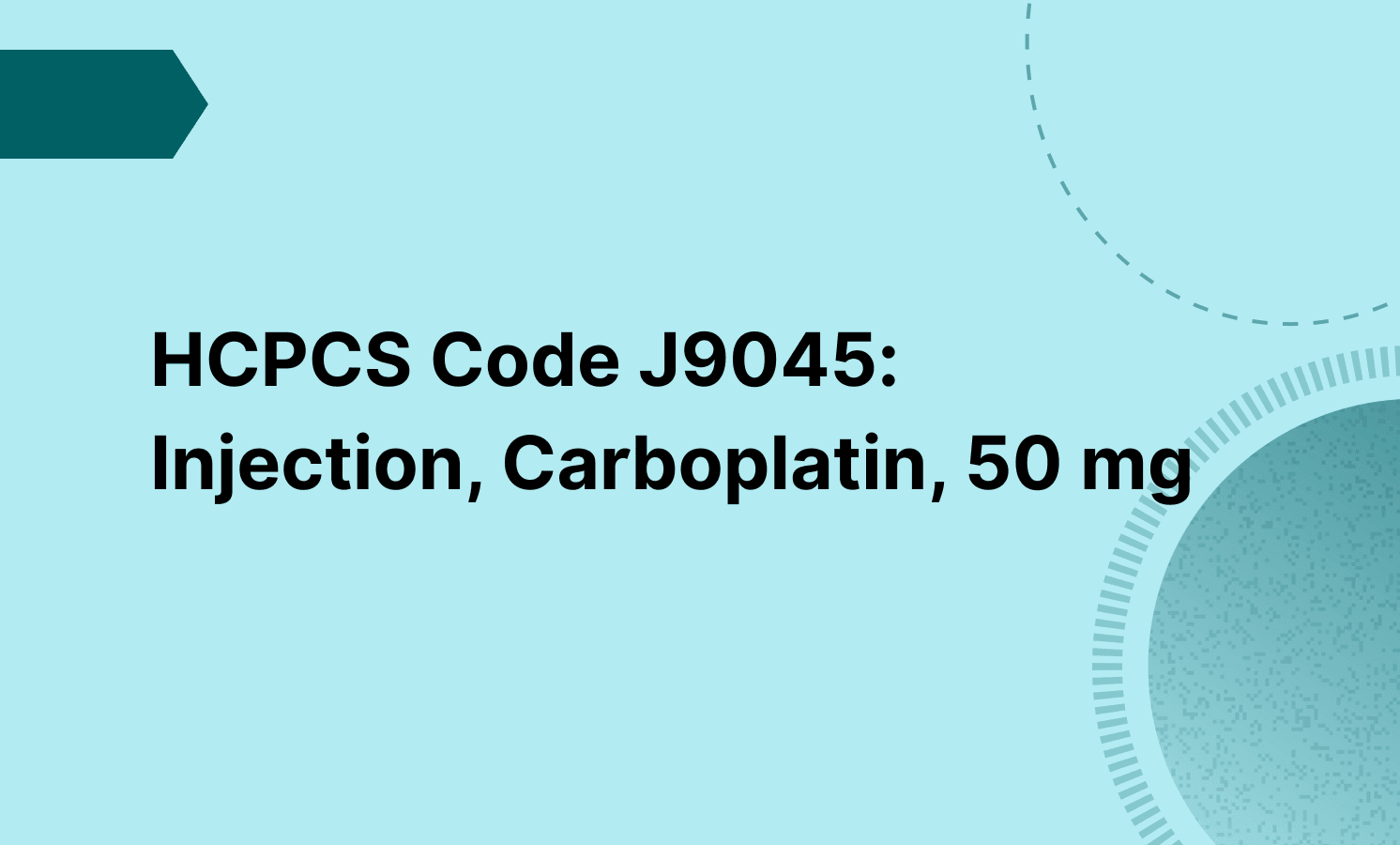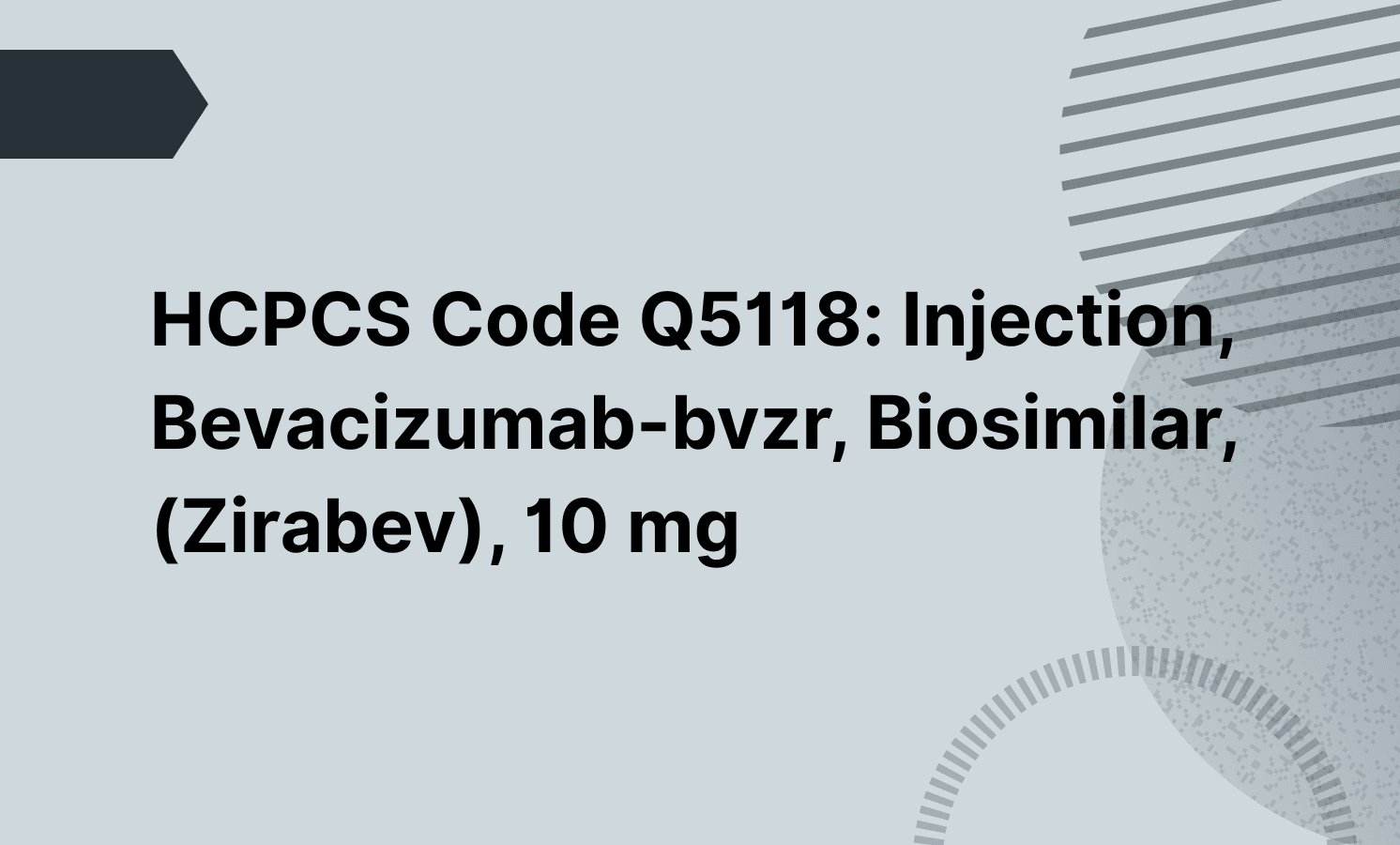Yes, if meaningful discussion occurred and time criteria are met.
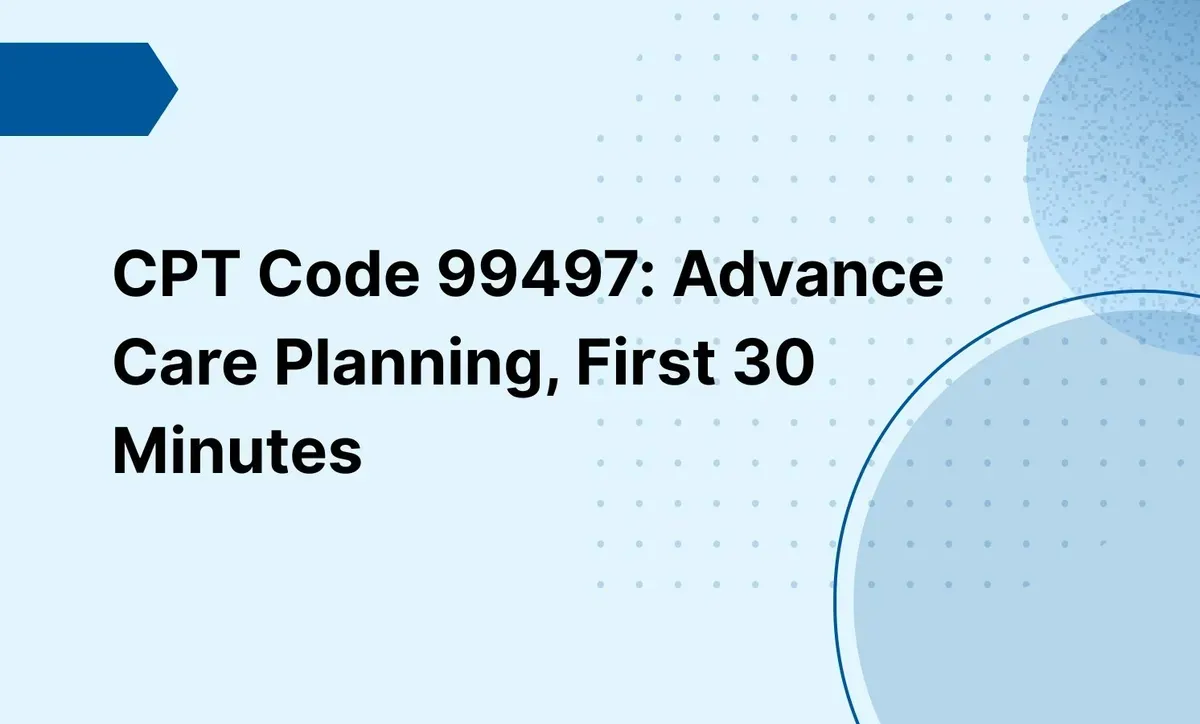
CPT Code 99497: Advance Care Planning, First 30 Minutes
Read about CPT 99497 for better billing and coding practices. Gain essential insights for accurate claims and improve your revenue cycle.
Frequently asked questions
Not necessarily; a family member or surrogate decision-maker may participate instead during advance care planning services.
CPT code 99497 is used to bill for advance care planning (ACP). It covers a face-to-face discussion between a qualified healthcare professional and a patient (or their family/surrogate) about advance directives, including explaining and possibly completing forms like a living will or healthcare proxy. This code applies when the conversation lasts at least 16 minutes, and it must be clearly documented to receive reimbursement.
EHR and practice management software
Get started for free
*No credit card required
Free
$0/usd
Unlimited clients
Telehealth
1GB of storage
Client portal text
Automated billing and online payments

